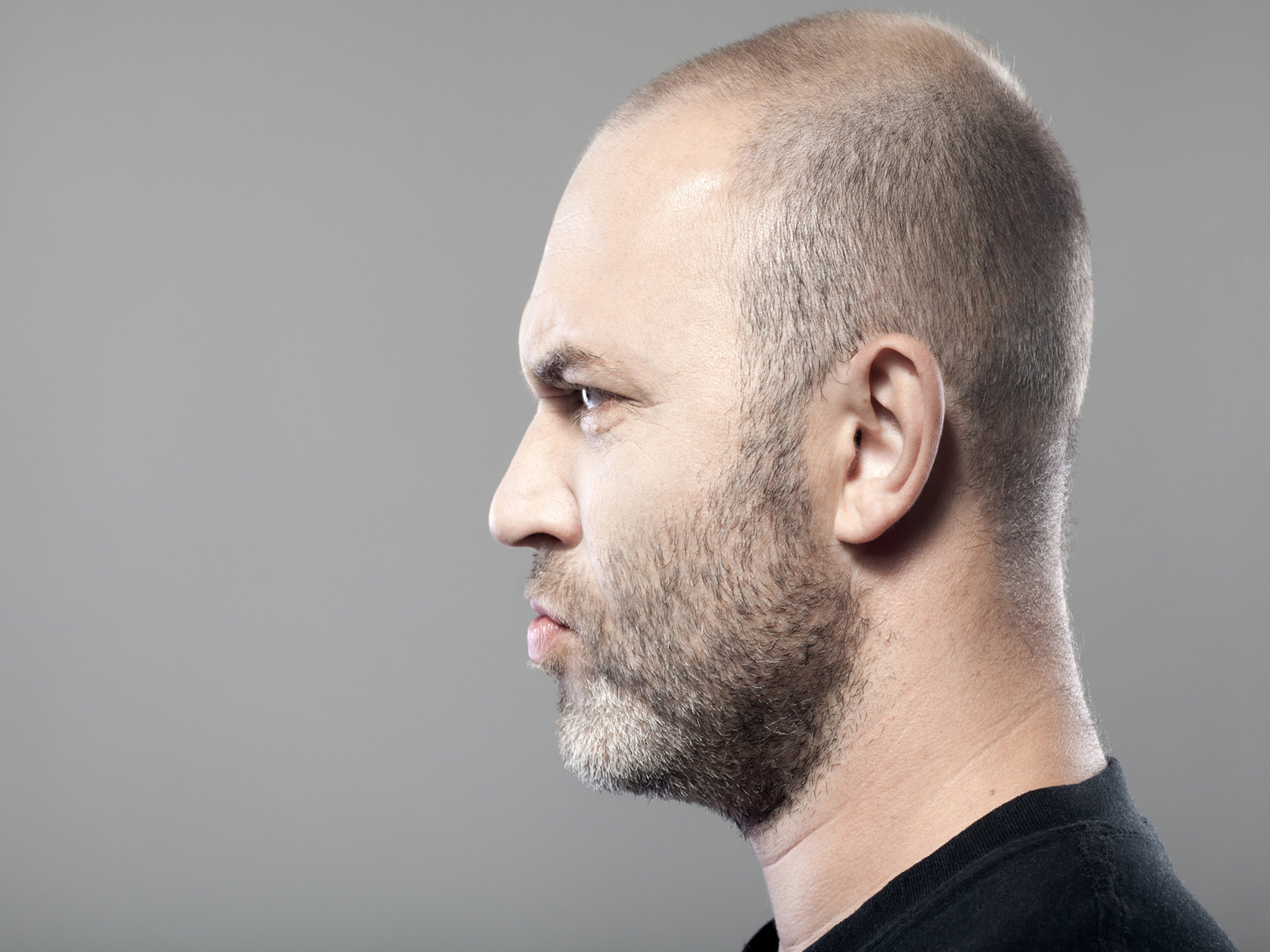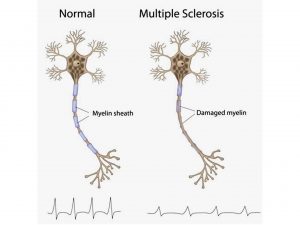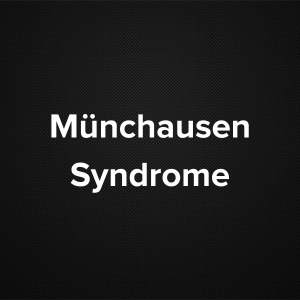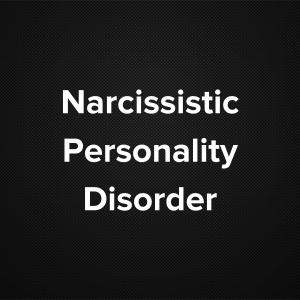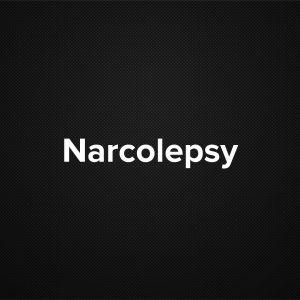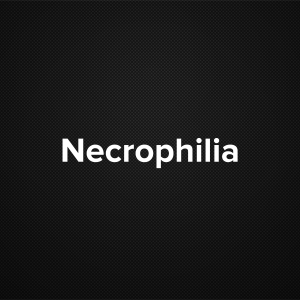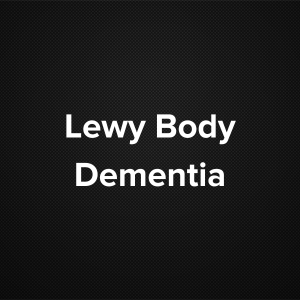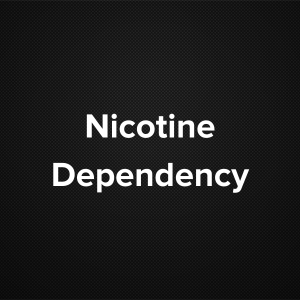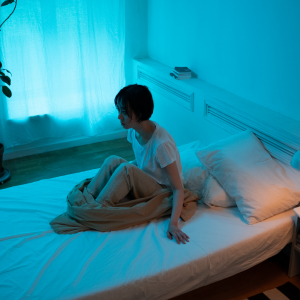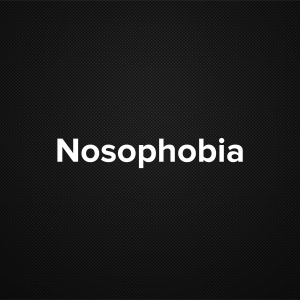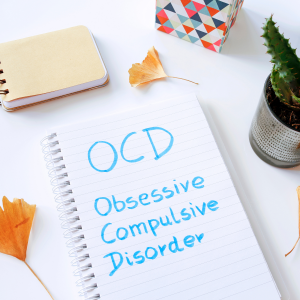Mood disorder is a category of mental health problems, and it includes all types of depression and bipolar disorder. The cause of mood disorder is not well known. Endorphins in brain are responsible for positive moods. The neurotransmitters regulate endorphins.
Depression and other mood disorders are caused by a chemical imbalance in the brain. Life events such as unwanted changes in life may also contribute to a depressed mood. Mood disorders are inherited. Children, adolescents, or adults who have a parent with a mood disorder have a greater chance of also having a mood disorder.
Symptoms:
- Prolonged feeling of sadness
- Helpless feeling
- Low self-esteem
- Intense guilt
- Suicidal thoughts
- Loss of interest in daily activities
- Difficulty with relationships
- Disturbed sleep
- Change in appetite or weight
- Low energy
- Inability in concentrating
- Inability to make decisions
- Frequent physical complaints (i.e., headache, stomach ache, fatigue)
- Threats of running away from home
- Hypersensitivity to failure or rejection
- Irritability
- Aggressive behaviour
- Hostility
In mood disorders, these feelings appear more intense than what a person may normally feel from time to time.
Treatment
- Psychotherapy: It is focused on changing the individual’s distorted views of themselves and the environment around them, working through difficult relationships, and identifying stress triggers in their environment and how to avoid them.
- Family therapy: Families play a vital supportive role in any treatment process.
- Antidepressant medications: Medications in combination with psychotherapy has shown to be very effective in the treatment of depression.
